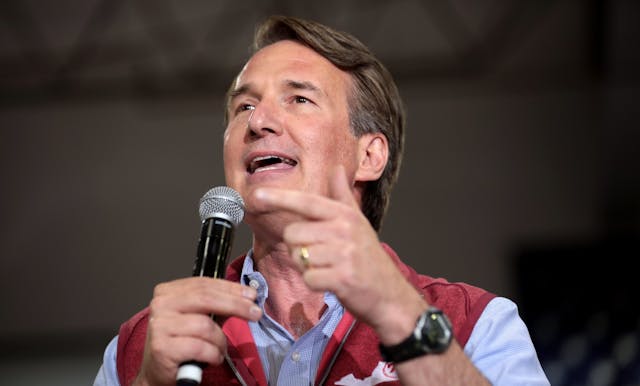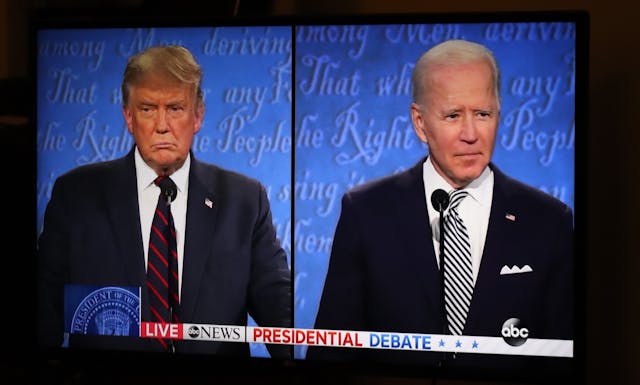240 U.S. Reps. Sign On to Bill Protecting Private Online Communications

Authorized in 1986, the Electronic Communications Privacy Act (ECPA) includes a provision that allows the government to access private users' e-mails stored on a third-party server after 180 days. At the time of its passage, when electronic communication was rare, e-mails kept beyond six months were considered "abandoned."
According to McClatchy, the government can use the "180 day rule" to seize these emails using "administrative subpoena power." This authority permits a federal agency to issue a subpoena withour prior judicial oversight.
However, it is not just a matter of users deleting e-mails and other electronic documents. If those documents are held on a third-party server, such as the Cloud, "even deleted files still could be fair game."
To combat such overreach, U.S. Reps. Kevin Yoder (R-Kan.) and Jared Polis (D-Colo.) introduced the E-mail Privacy Act to compel authorities to obtain a search warrant based on probable cause. It also:
"Requires a law enforcement agency, within 10 days after receiving the contents of a customer's communication, or a government entity, within 3 days, to provide a customer whose communications were disclosed by the provider a copy of the warrant and a notice that such information was requested by, and supplied to, the government entity."
With 240 cosponsors to date, Yoder explained that their legislation is simply to preserve due process:
"The government is essentially using an arcane loophole to breach the privacy rights of Americans. . . . They couldn't kick down your door and seize the documents on your desk, but they could send a request to Google and ask for the documents that are in your Gmail account."
The effort to restore Americans' digital privacy has also been picked up in the Senate by a bipartisan team. U.S. Senators Mike Lee (R-Utah) and Patrick Leahy (D-Vt.) are teaming up to reform the ECPA as well.
Lee, a Republican with tea party ties, spoke on the need to update the act:
"In the nearly three decades since ECPA became law, technology has advanced rapidly and beyond the imagination of anyone living in 1986. . . . The prevalence of email and the low cost of electronic data storage have made what were once robust protections insufficient to ensure that citizens' Fourth Amendment rights are adequately protected."
Leahy, a Vermont Democrat and the author of the 1986 bill, argues that their reforms will restore:
"Consumer trust, and it provides law enforcement agencies with the proper tools they need to ensure public safety. This is a bipartisan issue, and now is the time to act swiftly to bring Americans' privacy rights and protections into the digital age."
Common sense may dictate the need to update the Electronic Communications Privacy Act. At ComputerWorld.com, Grant Gross writes that for supporters of ECPA reform, "it doesn't make sense for data stored past six months to have fewer legal protections than other personal data."
In 2013, Yoder introduced a version of the E-mail Privacy Act. Despite gaining the 218 cosponsors needed to pass the House, the legislation never reached the floor for a vote.
Photo Credit: Maksim Kabakou / shutterstock.com



